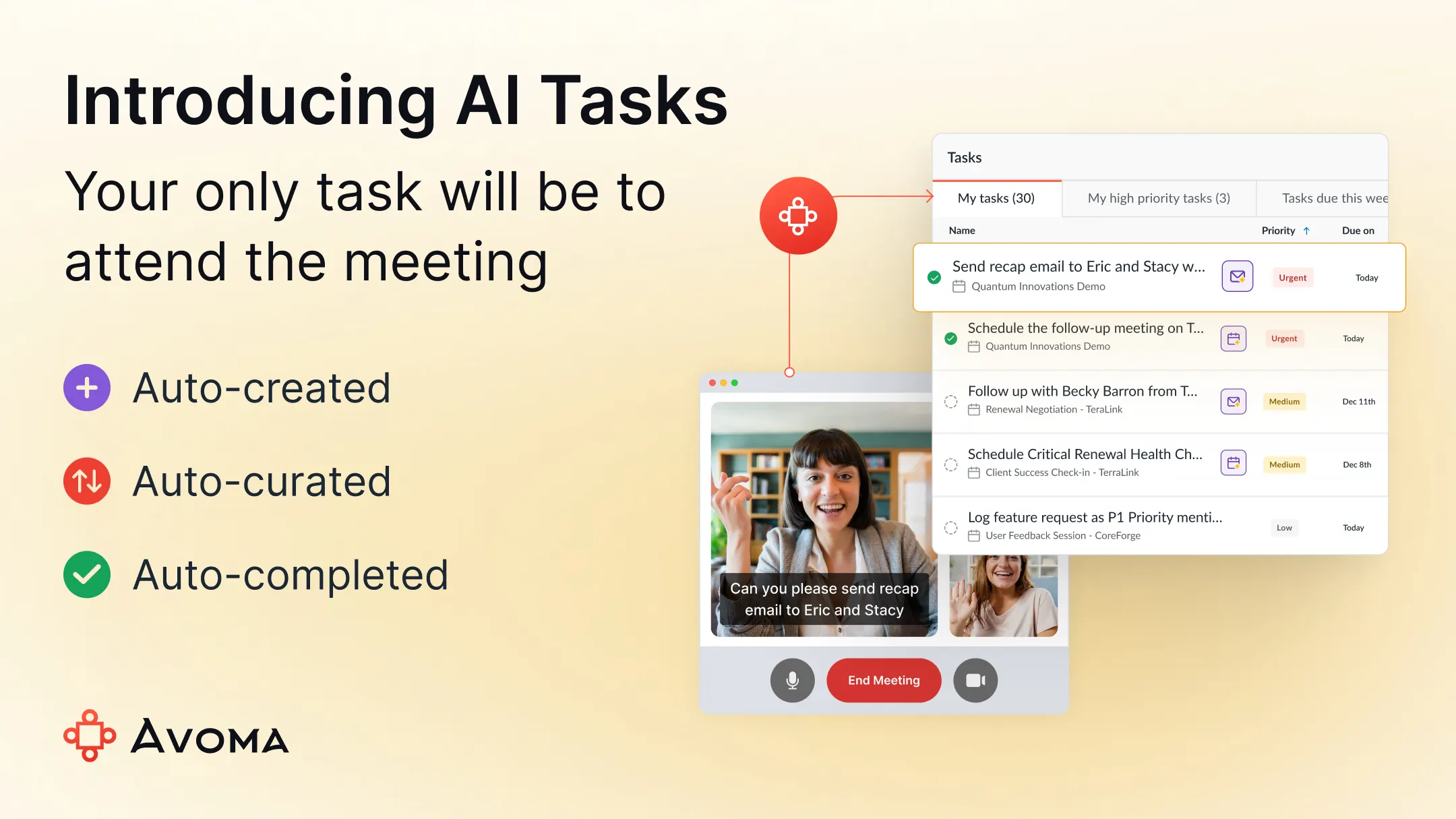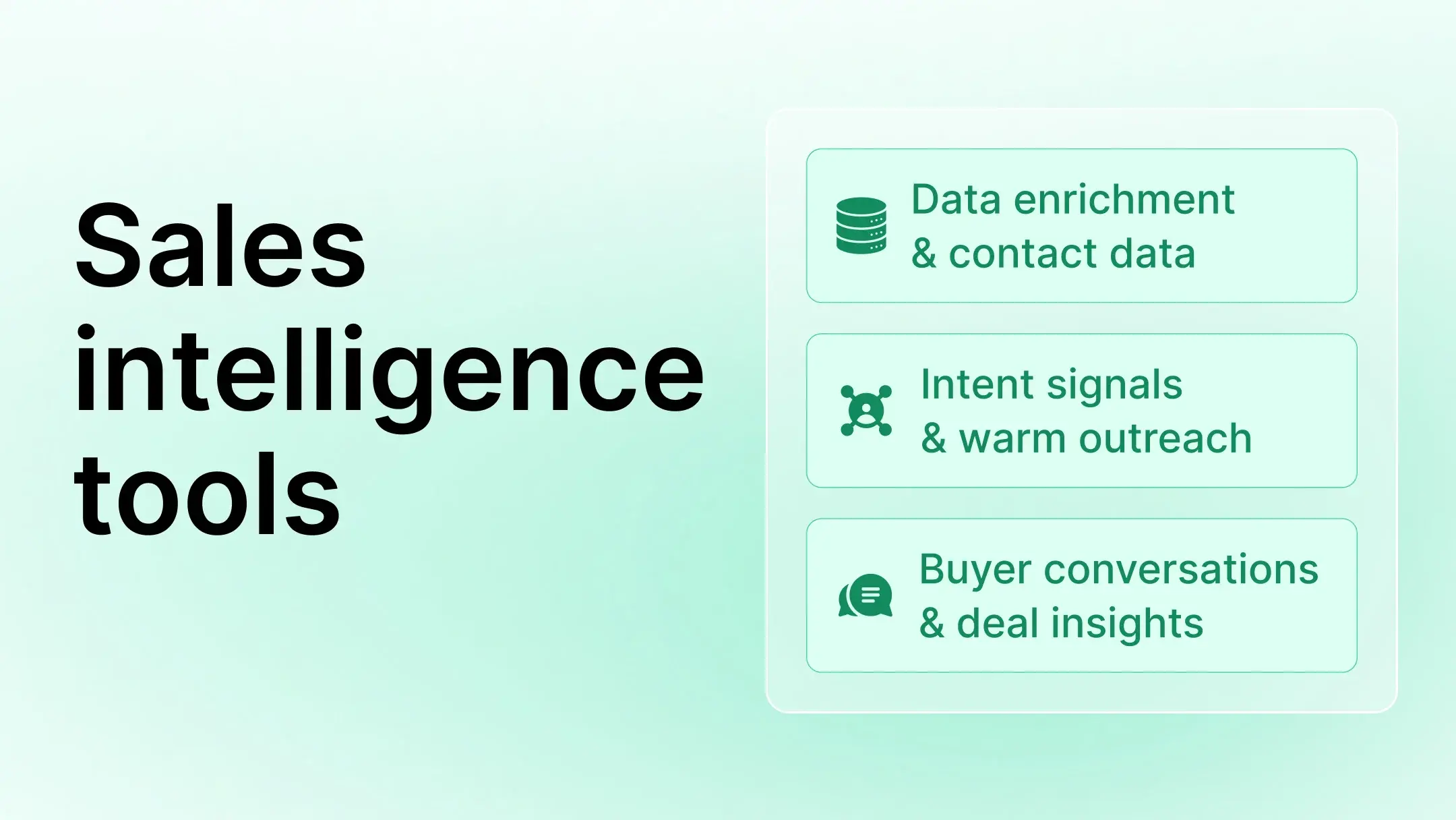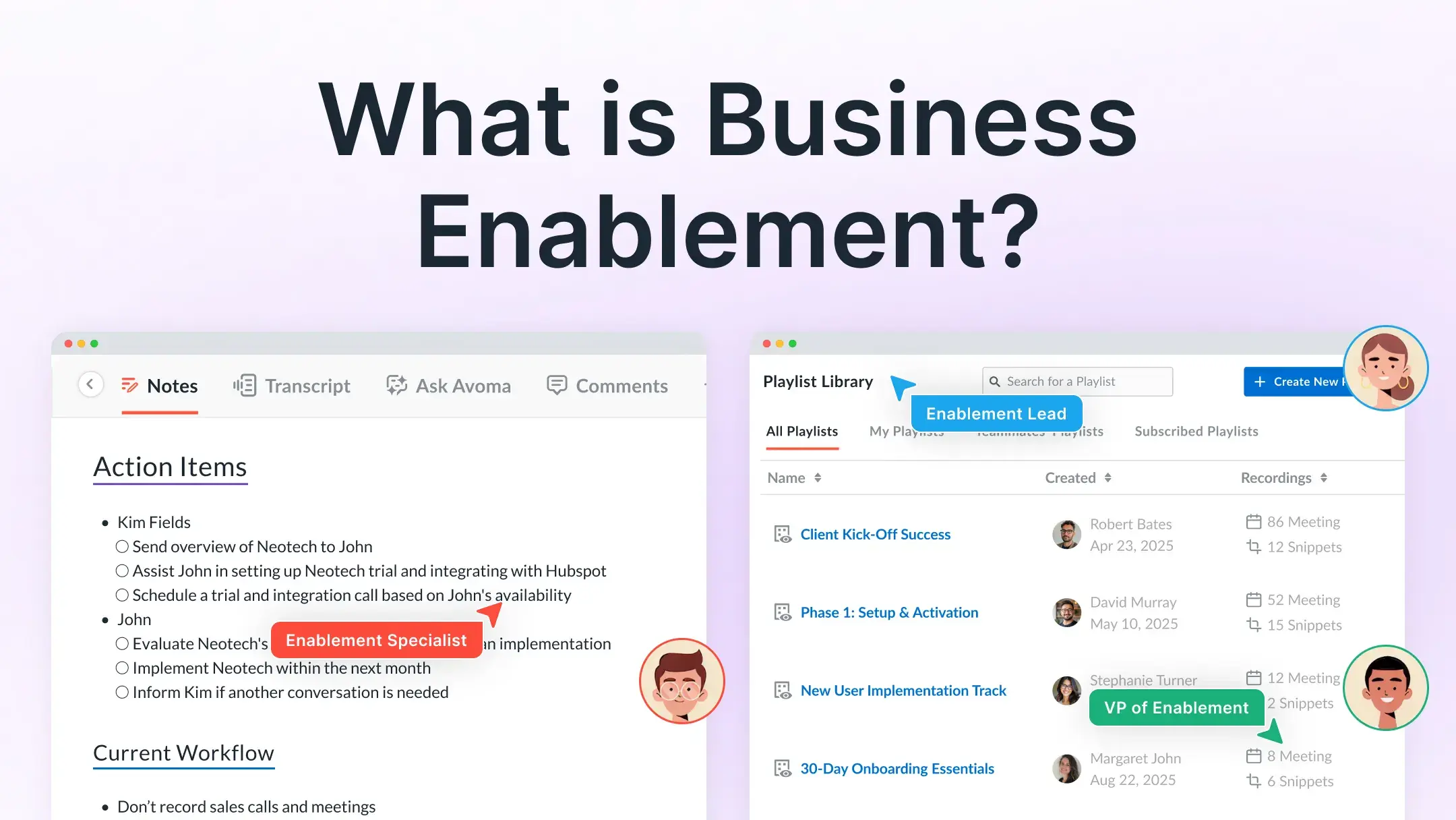How to shorten your sales cycle with 8 proven strategies
Table of Contents:

A sales cycle refers to the series of steps or stages that a salesperson or sales team goes through to close a deal.
Sales leaders and sales managers, your role in steering your teams through efficient B2B sales cycles is paramount. Your goal is always to find the shortest direct line from inquiry to sale, but it’s never that easy.
If you've ever found yourself wondering why deals seem to be filled with twists, turns, and unexpected detours, you’re not alone. Perhaps your B2B sales strategy is being hindered by unforeseen challenges.
While the quest for the perfect sales cycle is a difficult one, identifying delays and bottlenecks when deals get stuck or move too slowly through your sales funnel should be on your radar to keep the revenue flowing in smoothly.
In this blog, we're diving into 8 tried-and-true strategies to smooth out those bumps and speed up your sales cycle. So, grab your favorite beverage, kick back, and let's find ways to accelerate your sales process!
8 best ways to speed up your sales cycle
1. Define clear messaging and value
2. Work WITH prospects to find a solution
3. Address deal breakers and obstacles early on
4. Talk to the decision maker from the start
5. Map out a plan for each deal stage
6. Identify stuck deals
7. Automate your playbooks
8. Standardize your deal desk process
Let's explore each of these in detail.
1. Define clear messaging and value
Your messaging should be crystal clear and focused on the value proposition for your potential customers. If your sales reps aren’t even clear about where you bring value, what will your prospects be thinking?Have this documented for your team. What is your ideal customer profile? What problem does your product or service solve for them? How does your solution benefit each buyer persona? And importantly, how are you different from your competitors?Run through different scenarios with your reps and practice, practice, practice! They should know exactly who they are talking to, what their pain points will be, and the messaging that aligns with each question, obstacle, or situation that is presented. Enhance your sales pitch by ensuring it addresses each stage of the buying process.
2. Work WITH prospects to find a solution
Many reps fall into the trap of talking TO the prospect instead of working WITH them to find a solution. They need to be curious and ask questions, stepping into the role of a consultant who genuinely aims to help eliminate frustrations and craft a solution that works.Rather than selling a solution, have your reps work collaboratively with your prospective customers. let them understand their pain points, challenges, and goals, including insights into buyer behavior to build authentic relationships that streamline the decision-making process.
3. Address deal breakers and obstacles early on
It’s controversial, but many salespeople hesitate to talk about potential sales objections. Don’t wait until the later stages of the cycle to bring up issues that might delay or kill a deal. Identify any deal breakers upfront so you can either work on a solution together or part ways gracefully without wasting anyone’s time.
Here are a few examples of how sales reps can proactively address sales objections early in the conversation:
- Pricing Concerns: "I know budget can sometimes be a concern. Is there a specific range you’re working within? If cost is a barrier, we can explore different options to ensure you’re getting the most value without overextending your resources."
- Competitor Comparison: "I’m sure you’re considering other solutions as well. What aspects of your current evaluation process are most important to you? We want to make sure we align with what matters most to your team."
- Implementation Challenges: "Many of our customers initially worry about the time and effort required to implement a new solution. How does your team typically handle onboarding for new tools, and what challenges have you faced in the past?"
4. Talk to the decision maker from the start
Nothing puts the brakes on closing a deal like investing time in multiple meetings only to discover that the person you’ve been chatting with can’t actually make the purchase.
Identify and engage with decision makers and key stakeholders early on. If your contact isn’t the decision maker, use the opportunity to learn more about their workflows and needs. They might even become your biggest champion or introduce you to the buying committee.
5. Map out a plan for each deal stage
Plan out every conversation to keep the ball rolling. Don’t just pencil in meetings and wing it with a casual “How’s it going?”
Each sales cycle stage should have meaningful milestones that align with your prospect’s needs and timeline. Approach each stage with a clear plan that dives deep into the entire process and ensures you gather the necessary information for a smooth purchase decision.
For example, you can have clear milestones aligned with the buying process and the prospect’s needs.
- Awareness Stage: Identify pain points, confirm fit, and share social proof. Ask discovery questions to qualify the lead and define the next steps, like a product demo.
- Consideration Stage: Engage key stakeholders early, introduce a mutual action plan, and address potential sales objections before they stall the deal.
- Decision Stage: Justify the purchase decision by providing ROI calculations, addressing security concerns, and offering a proof of concept project if needed.
- Closing Stage: Finalize procurement, ensure legal and security review processes are complete, and set clear onboarding expectations. Reinforce urgency to maintain deal momentum.
6. Identify stuck deals
Many of you might have gone straight to this section. Because getting deals unstuck is keeping you up at night.
The best way to identify stalled deals is through data-driven pipeline reviews. Start by keeping an eye on your pipeline pacing to ensure a healthy sales pipeline. Look for patterns where deal cycles extend unnecessarily, and address those bottlenecks immediately.
7. Automate your playbooks
Set up and activate playbooks that enhance the buyer’s experience. Your playbooks should align exactly with the opportunity stages and the sales journey by serving up relevant content at the right moments.
For instance, if a buyer looks at a pricing page, respond with a targeted message that matches that intent. This is a real sales acceleration tactic. Automate alerts and deliver personalized content to your sales reps, ensuring consistency and freeing up time for more meaningful interactions.
8. Standardize your deal desk process
Many organizations face bottlenecks because they haven’t standardized their purchasing process.
Define negotiation guidelines, specify when to offer discounts, and set clear thresholds so your account executives can confidently navigate deals.
For example, establish success criteria for pilots or trials and consider presenting a mutual action plan to align both parties on the path forward. Transparent pricing guidelines help avoid surprises and prevent delays in closing deals.
How Avoma can help shorten sales cycles
When it comes to accelerating sales cycles, Avoma stands out as a powerful ally for sales teams and sales managers implementing a robust B2B sales strategy. By combining automation, AI-driven insights, and time-saving tools, Avoma streamlines processes and empowers sales reps to focus on what matters most—closing deals.
Automating the early stages of engagement
Imagine skipping the back-and-forth of scheduling meetings or qualifying leads. With Scheduler & Lead Router, Avoma automates these tasks, enabling instant booking and routing high-quality leads to the right reps. This ensures that sales conversations with potential buyers start faster, eliminating delays caused by manual coordination.
Enhancing rep performance with AI-driven coaching
What if every call your team made was scored and analyzed automatically? Avoma’s Automated Call Scoring and Coaching provide personalized coaching based on AI insights, helping reps tackle sales objections effectively and improve their sales techniques. Faster onboarding means your team spends less time learning and more time selling, boosting your overall performance.
Replicating success across the team
Ever wished you could clone your top-performing reps? You can create playlists of most successfull sales calls in Avoma. You can have your sales reps watch the call recordings of top performers, identify successful talk patterns and strategies that can give them a competitive edge. They can observe how the top performers build rapport, handle objections and negotiate deals. This can accelerate deal momentum and increase the chances of closed deals.
Prioritizing high-potential deals
Not all deals are created equal. Avoma's Revenue Intelligence feature helps you focus on opportunities with the greatest potential by identifying qualified leads through semantic matching. You can identify high-potential deals based a number of factors including deal engagement, deal health and risk score, forecast and deal progression. Proactive risk alerts based on conversations and CRM activity ensure that your reps prioritize deals with the highest likelihood of closing.
Saving time with AI-powered meeting assistance
Administrative tasks can eat up hours each week, but Avoma’s AI Meeting Assistant automates note-taking, email follow-ups, and CRM updates. It saves reps over 4 hours per week. That’s 4 extra hours they can spend building relationships and closing deals instead of getting bogged down in paperwork.
Closing thoughts
Sales cycles don’t have to be lengthy affairs. With the right strategies and tools, you can streamline the process and help your teams focus on what they do best—selling and building customer relationships. The strategies discussed here can make a real difference, and implementing them with a platform like Avoma addresses multiple bottlenecks simultaneously. Whether through automation, AI-driven insights, or enhanced sales acceleration, the right solution can transform your entire sales process.
Curious to see how Avoma could tackle your specific challenges? Our team would be happy to show you a personalized demo tailored to your sales process. Schedule a demo today or start with a free trial to experience the benefits firsthand.
Frequently Asked Questions






What's stopping you from turning every conversation into actionable insights?










